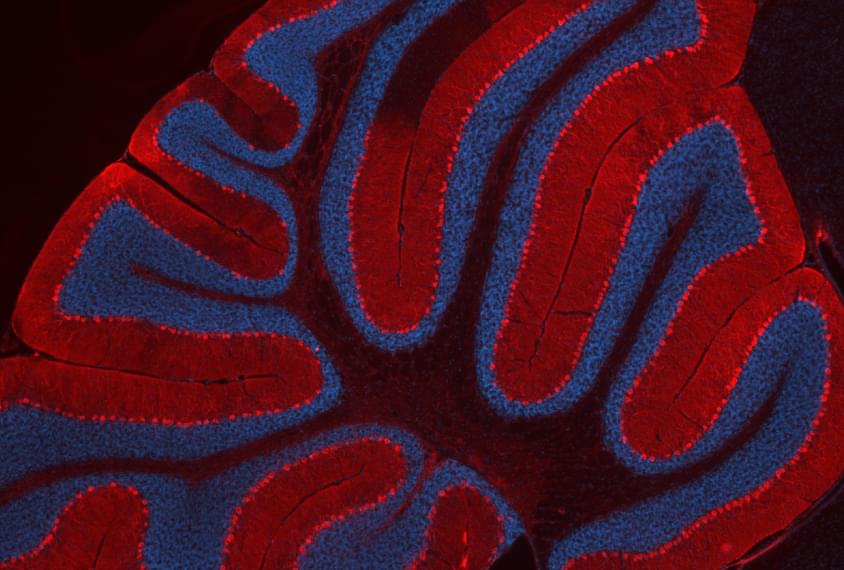The charismatic Zhurong rover has left its mark on Mars.
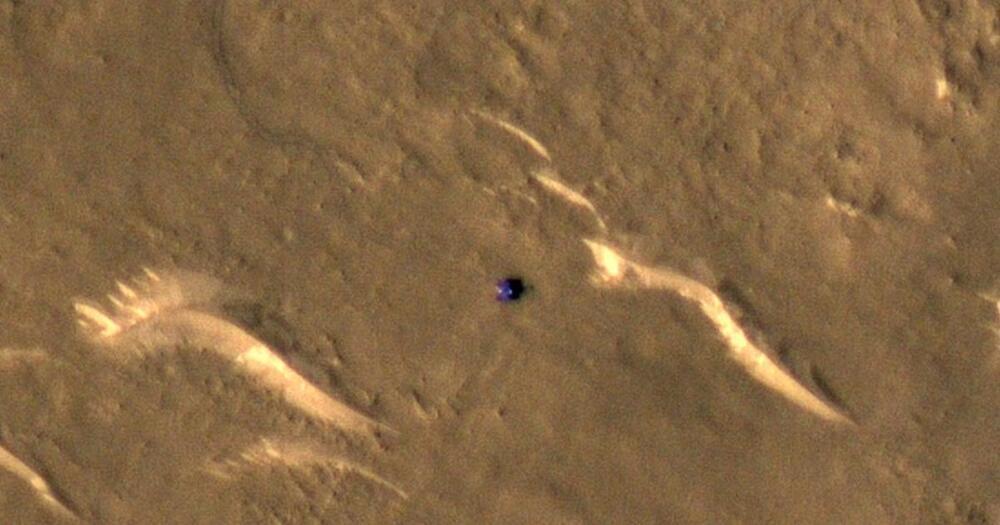

Images of a very “boring” star are making waves across the astronomical world today – they are the first sent back from NASA’s James Webb telescope, and they have exceeded all hopes and expectations.
Having completed the self-assembly of its 18-segmented main mirror, the telescope has now taken exceptional images of an unexceptional star as a test of its capabilities. The star, known as HD84406, is 100 times fainter than what can be seen with the human eye. The star itself is of little interest, lovely though its image is – instead, astronomers are captivated by the spray of tiny dots scattered across the background. Each is a distant galaxy, and this is the first time we’ve ever been able to capture them.
In a virtual briefing, NASA officials expressed their overwhelming joy and relief at what these first images represent.
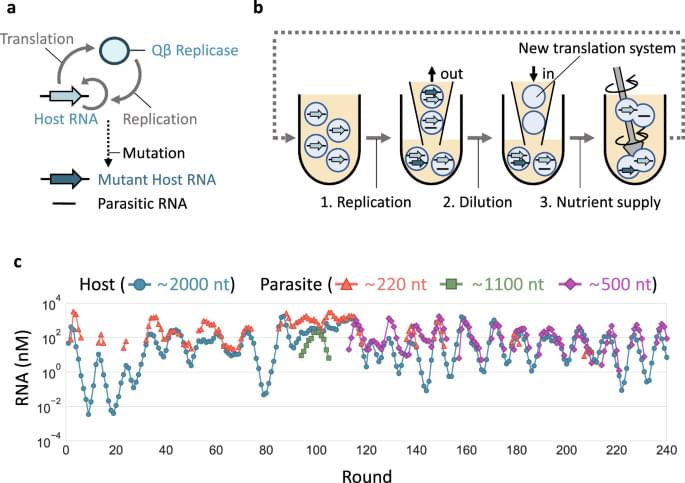
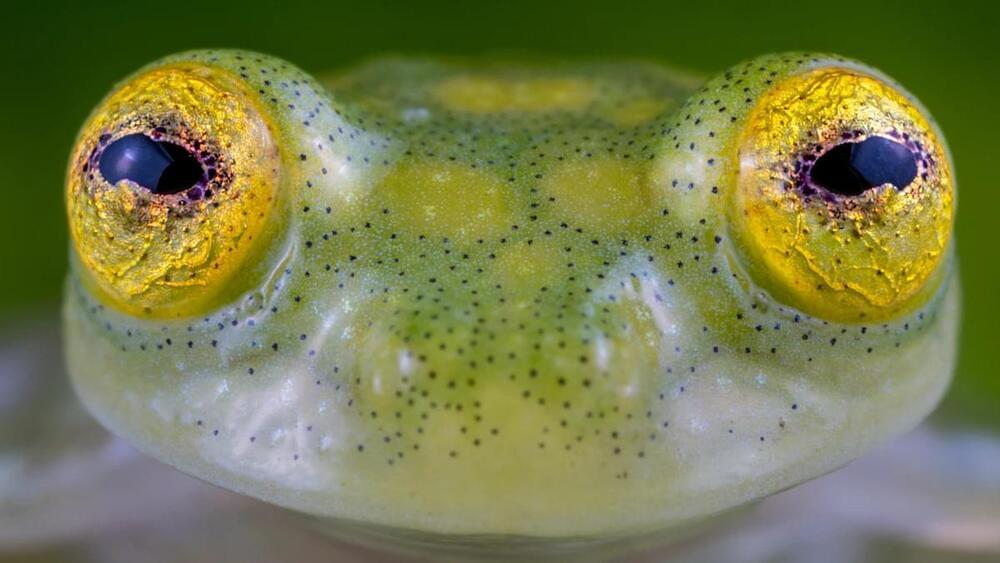
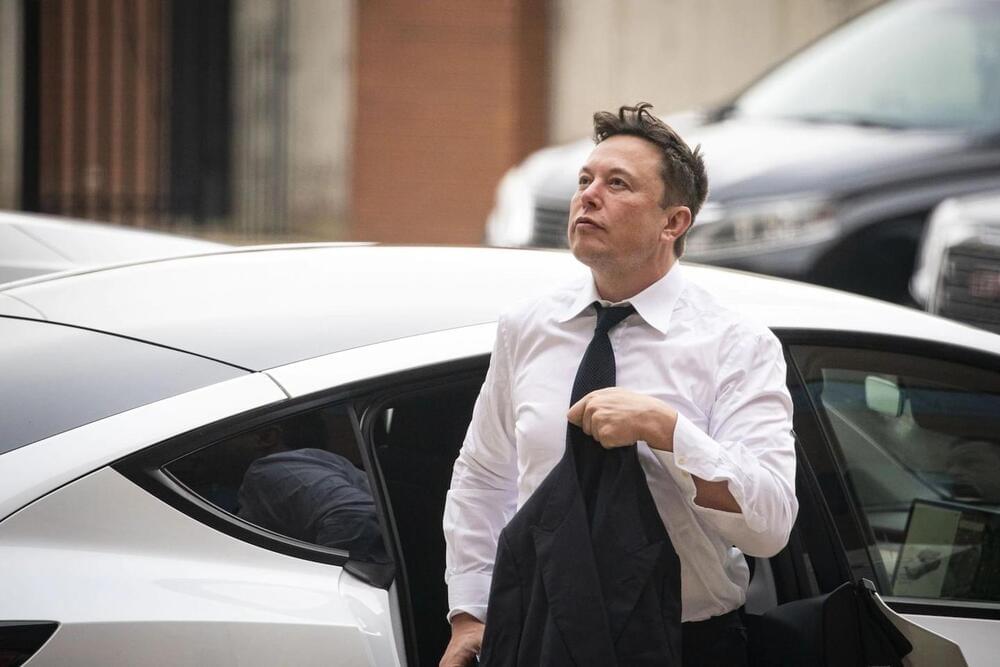
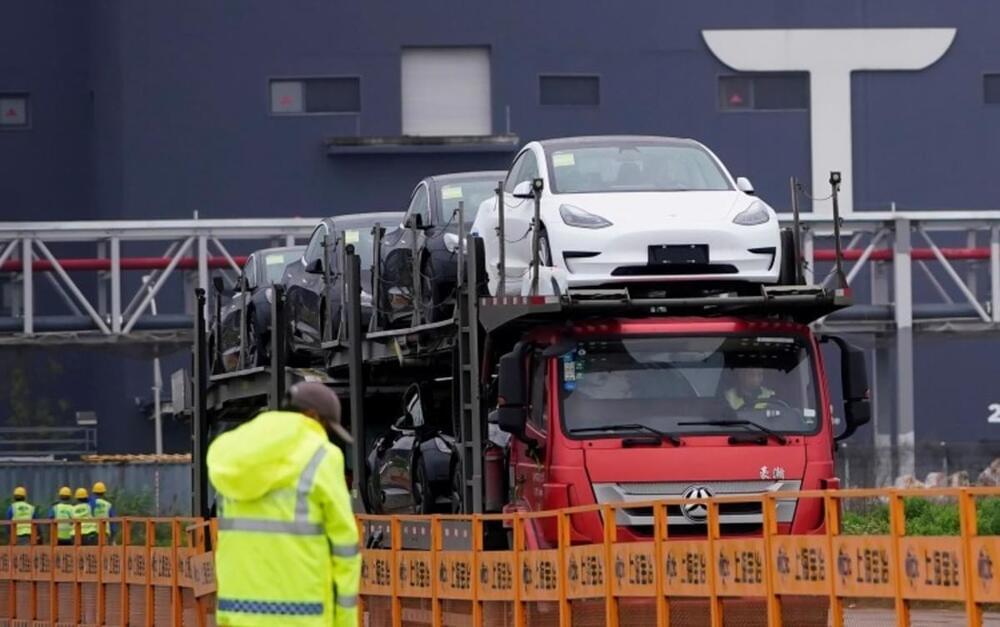
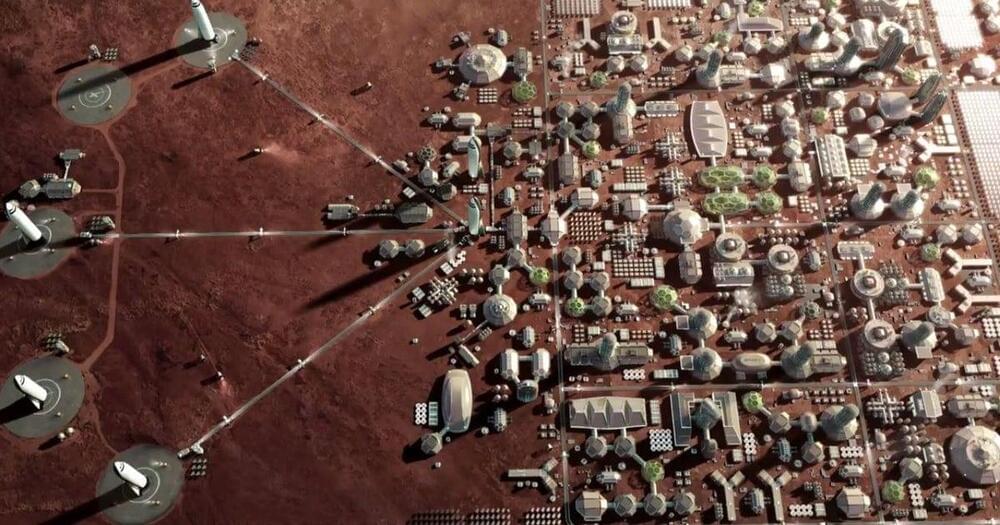
That’s over double the original expected launch cost.
NASA’s Space Launch System is supposed to ferry astronauts to the Moon, but at an estimated $4.1 billion per launch, it may be doomed before it ever gets off the ground.

Abstract. Most undeciphered lost languages exhibit two characteristics that pose significant decipherment challenges: the scripts are not fully segmented into words; the closest known language is not determined. We propose a decipherment model that handles both of these challenges by building on rich linguistic constraints reflecting consistent patterns in historical sound change. We capture the natural phonological geometry by learning character embeddings based on the International Phonetic Alphabet (IPA). The resulting generative framework jointly models word segmentation and cognate alignment, informed by phonological constraints. We evaluate the model on both deciphered languages (Gothic, Ugaritic) and an undeciphered one (Iberian). The experiments show that incorporating phonetic geometry leads to clear and consistent gains.
